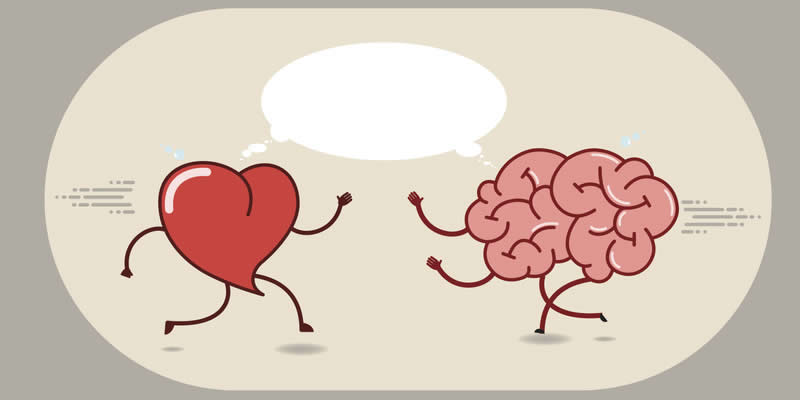A new study of brain activity has shown that “with age comes wisdom” and that in certain tasks, older brains can “achieve very close to the same performance” as those of younger ones.
Rather than being slower, an older brain is wiser as it has learnt how to better allocate its resources, the team from the University Geriatrics Institute of Montreal has said.
Researchers set out to explore the brain regions and pathways when it comes to come executing language pairing tasks, and how the brain responds when the rules change mid-way through an exercise.
- Plant-based meals prevent memory loss amongst older people, research shows
- Heart health among older obese people enhanced by physical activity and reduced calorie intake
The study participants took part in an exercise which involved the pairing of words according to different rules, which changed throughout the challenge without the participants’ knowledge.
Dr Oury Monchi, from the University of Montreal, explained the findings: “Funny enough, the young brain is more reactive to negative reinforcement than the older one. When the young participants made a mistake and had to plan and execute a new strategy to get the right answer, various parts of their brains were recruited even before the next task began. However, when the older participants learned that they had made a mistake, these regions were only recruited at the beginning of the next trial, indicating that with age, we decide to make adjustments only when absolutely necessary. It is as though the older brain is more impervious to criticism and more confident than the young brain.”
He went on to say: “The older brain has experience and knows that nothing is gained by jumping the gun. It was already known that aging is not necessarily associated with a significant loss in cognitive function. When it comes to certain tasks, the brains of older adults can achieve very close to the same performance as those of younger ones.
- Feeling younger can help older adults live longer, survey shows
- Older generation dealing better with the pandemic than the young
“We now have neurobiological evidence showing that with age comes wisdom and that as the brain gets older, it learns to better allocate its resources. Overall, our study shows that Aesop’s fable about the tortoise and the hare was on the money: being able to run fast does not always win the race – you have to know how to best use your abilities. This adage is a defining characteristic of aging.”
The study has been published in the journal, Cerebral Cortex.




